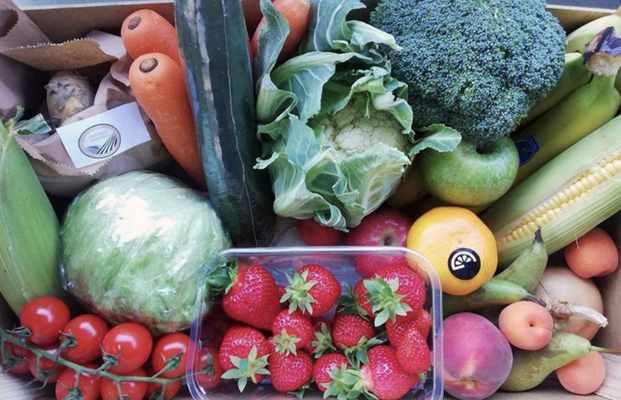YOU may not have thought of this before, but everyone has a relationship with food. This relationship is defined by your own personal thoughts, feelings and behaviours that are related to diet, weight and health. This can be shaped by culture, family, health gurus on social media that have YouTube degrees and/or listening to the wrong people, i.e. non-registered nutritionists.
Having a poor relationship with food can include having some disordered behaviours and thoughts about food, like having a restricted diet, following fad diets regularly (the diet hamster wheel), relying overly on calorie counting and/or relying on meal plans or devices that tell you what to eat. This doesn’t mean you have an eating disorder but it can put you at higher risk of developing one.
A good relationship with food involves giving yourself unconditional permission to eat, where no foods are off-limits and having no guilt around eating food that you may consider to be less healthy or bad. You shouldn’t view food as good or bad and anyone who promotes this is just making you create a negative relationship with food because you will feel guilty for eating it. More nutrient dense and less nutrient dense is better.
Still, remember foods that fall under the high fat, sugar and salt (HFSS) category should be at a minimum and shouldn’t make up the majority of your calorie intake – takeaways, confectionery, ready meals and so on.
So how do you form a healthy relationship with food? Well, it isn’t a place you can get to overnight but with a conscious effort it is possible. The first thing you should do is drop the rules around food such as ‘I can’t eat processed foods’ or ‘I must eat no more than x number of calories per day’.’ Remember, foods like bread, rice, pasta, spaghetti, noodles, dairy etc are examples of processed foods that are part of a healthy diet. But it’s the ultra processed food that you need to keep a lid on – sweeties, chocolate, confectionery, boxed ready meals, for instance.
You should eat mindfully and pay attention to hunger cues. That means eating when you’re hungry and stopping when you are full.
Wholemeal, wholegrain and wholewheat carbohydrate are best for keeping you feeling fuller for longer as they are full of fibre which plays a key role in this. Don’t try to exercise off calories as this doesn’t make sense. The thermic effect of food will skew up your forecasted numbers. The thermic effect of food is how much calories our body uses from the food product to actually break the food down and metabolise the nutrients. For example, if there are one hundred calories of protein on a food label, you will only absorb seventy of these as energy (calories) with the other thirty being used to break it down. There is a different thermic effect on food with carbohydrates and fats too.
And finally, follow appropriate people on social media – registered nutritionists and/or dieticians. with attentive nutrition being a start.
Lee McCusker (BA; MSc; MSc; MSc; ANutr; SENr) is a registered nutritionist from Belfast and can be found on Facebook, Instagram and Twitter. Email: attentive nutrition@gmail.com








